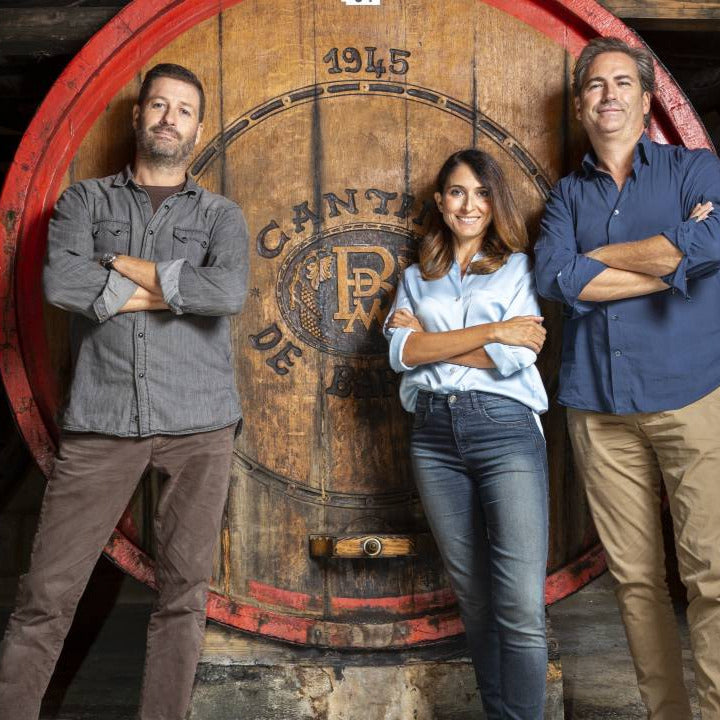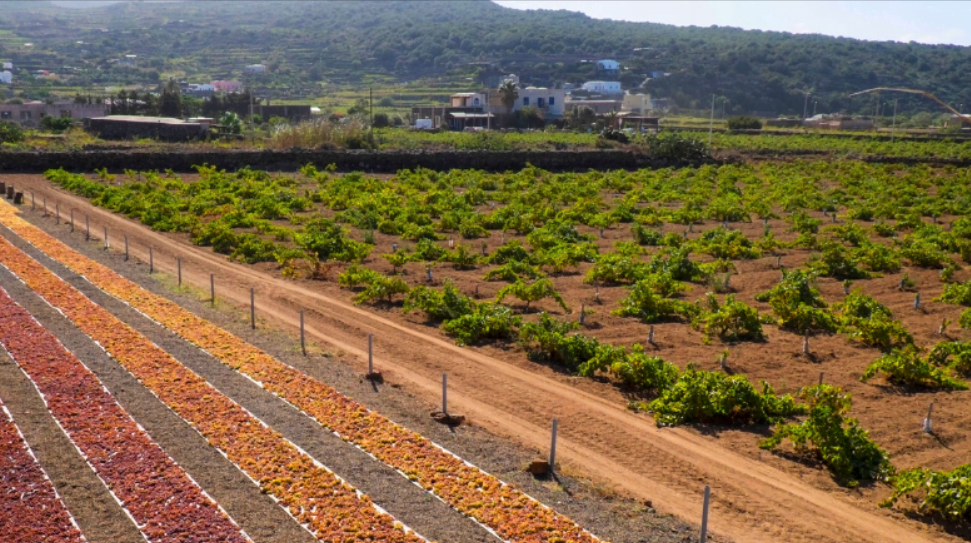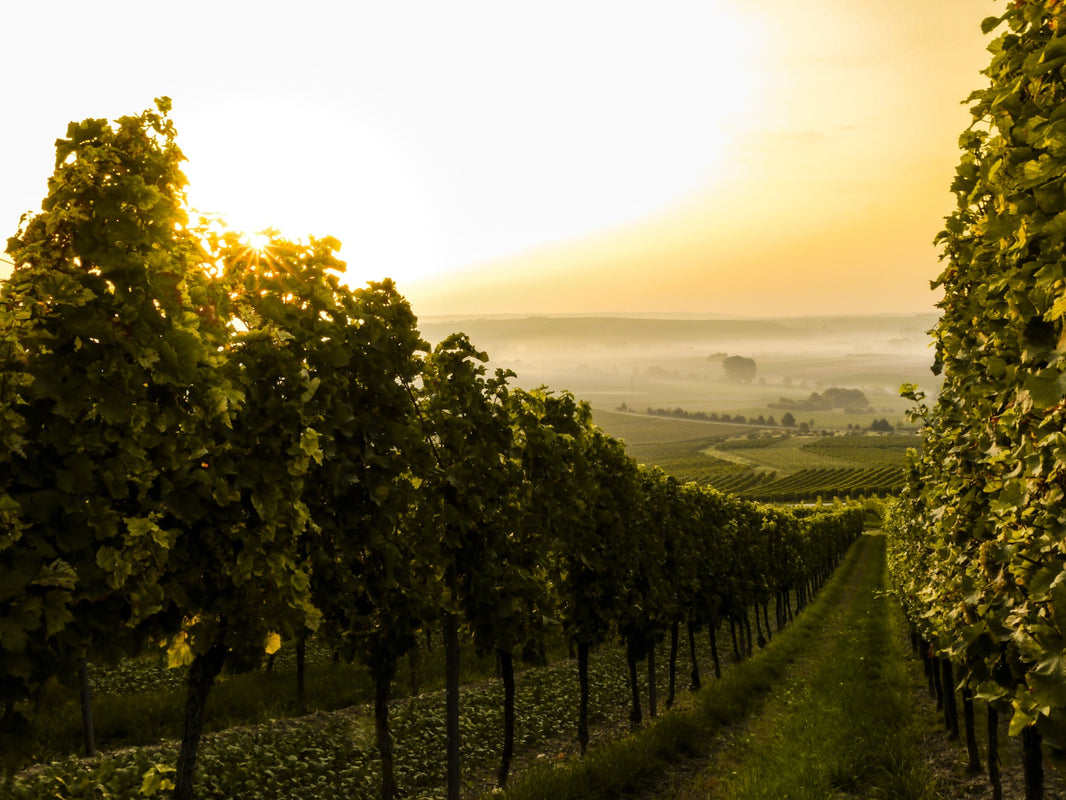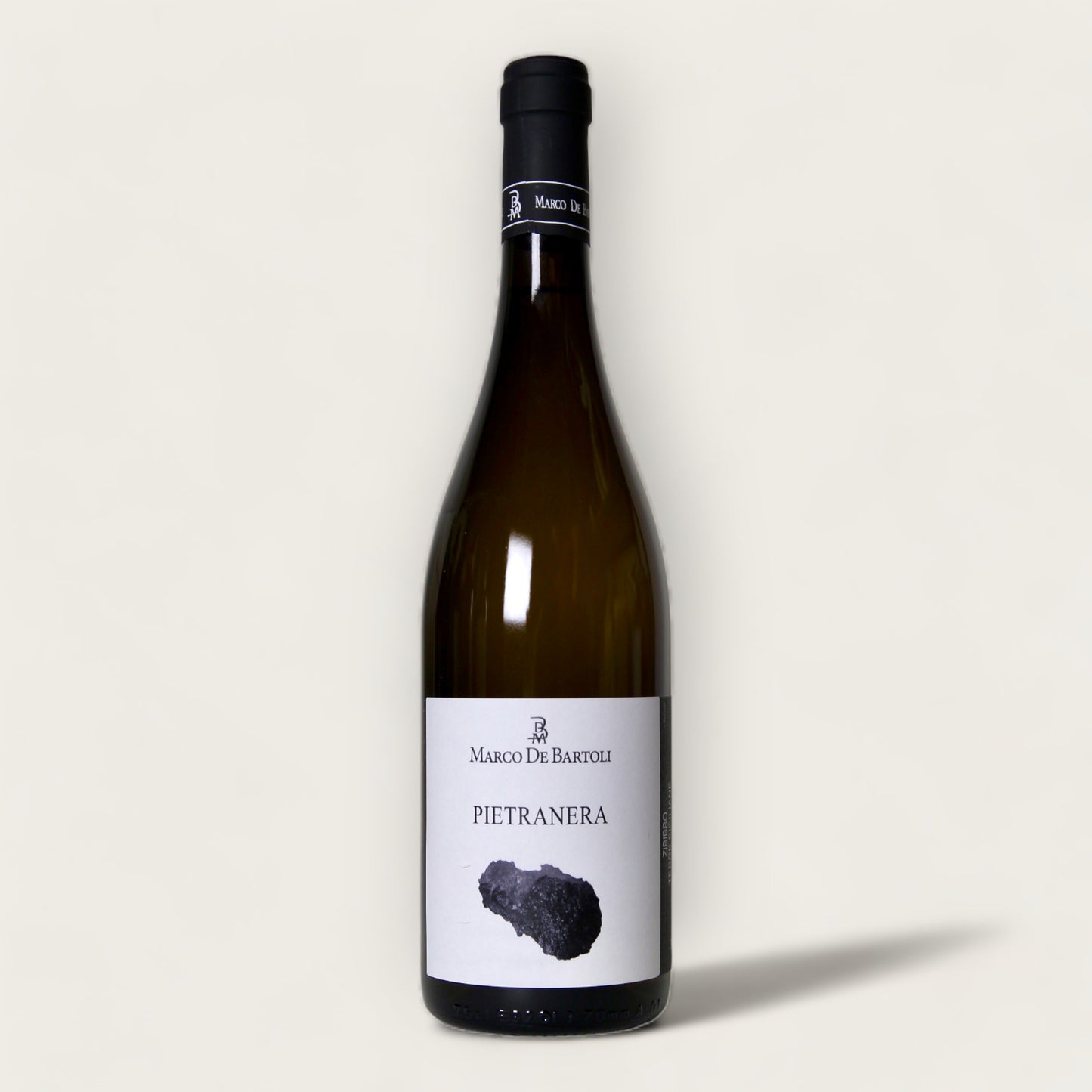Stay up-to-date with the latest news, exclusive promotions, and exciting events by subscribing to our newsletter! Sign up now and receive a 10% discount on your first purchase. Don't miss out on this great opportunity to stay connected with us and get access to special offers!
Pietranera Zibibbo Terre Siciliane PGI - 2022
- Tax included.
It was 1989. This was the first time that such an aromatic, mineral grape variety as Zibibbo could express itself in a dry wine. An innovative wine for Pantelleria, compared to the typical sweet production.
100% Zibibbo, first planted in 1957 on the volcanic, terraced slopes in Contrada Cufurà, Pantelleria, as low, free-standing bushes trained with the 'vite ad alberello' system, declared by the UNESCO World Heritage agricultural practice on November 26th, 2014. The grapes are picked in the first week of September. After a rigorous manual selection of the clusters, they are gently pressed and macerated at a controlled temperature for approximately 24 hours. After the soft pressing, the must decants at a low temperature for 48 hours. The limpid run starts fermenting, with wild yeasts, always at a controlled temperature, in stainless steel tanks. 6 months in stainless steel.
Grape Variety:
Alcohol: 12.0%
Serving Termperature °C: 10-12°C
Ageing Potential: 20+
Terroir: Pantelleria

Marco De Bartoli

Pantelleria

Sicilia


